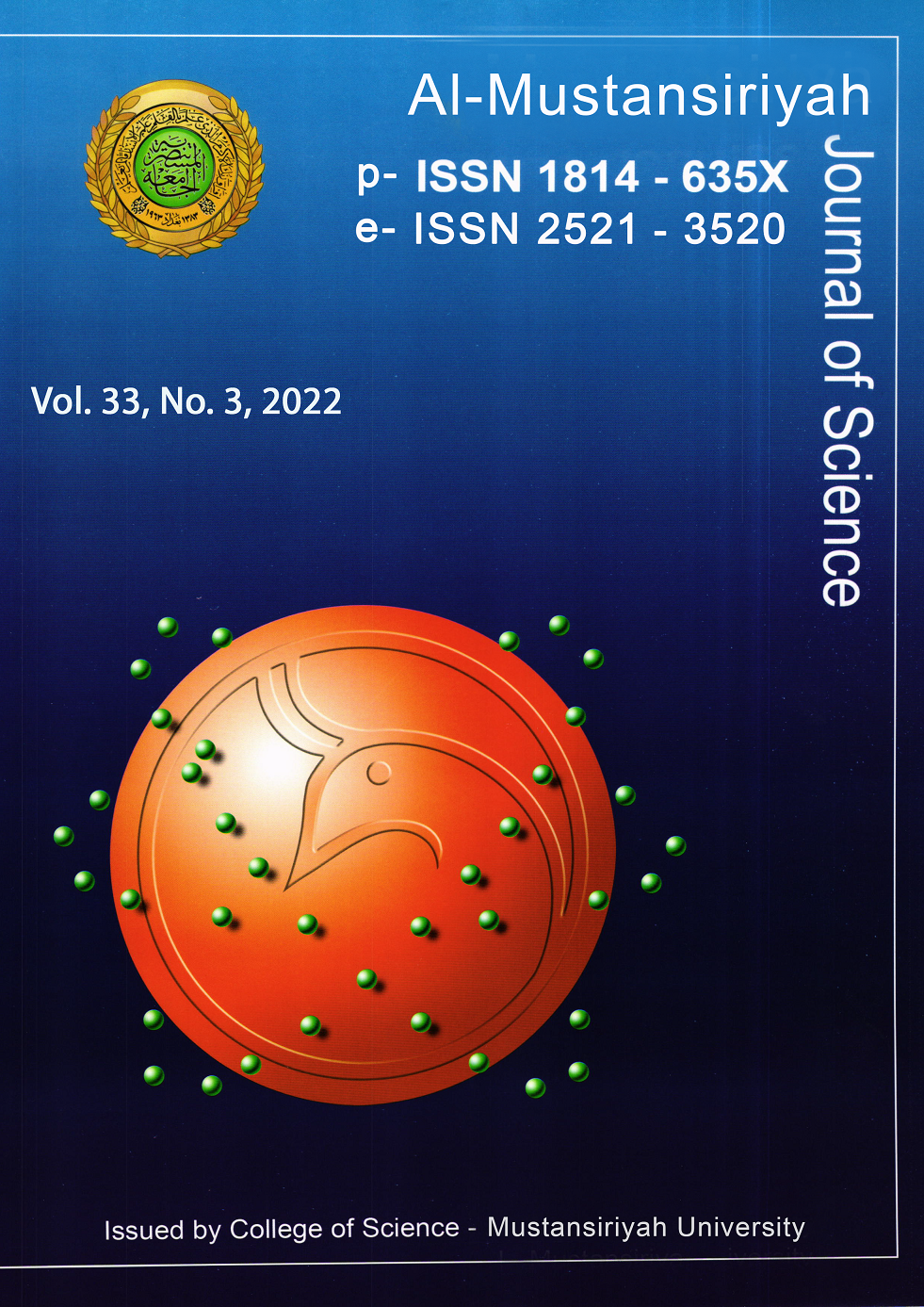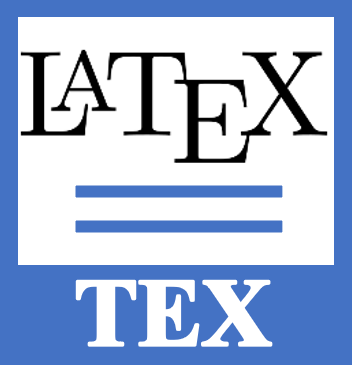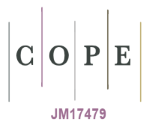Study of the Effect of the Geometry of the Inner Pole Arm of a Bipolar Lens
DOI:
https://doi.org/10.23851/mjs.v33i3.1143Keywords:
inner pole ,bipolar lens, chromatic aberration, spherical aberrationAbstract
Several innovative designs were designed for magnetic lenses, a bipolar lens with innovative and different geometric shapes, where the outer Inner pole side of the iron shroud, which is symbolized by the symbol (L), was changed. 2,4,6 A/mm2) and after it was designed, the engineering parameters were studied in terms of magnetic properties, i.e., calculating the magnetic flux density with different current densities, and then studying the optical properties in terms of spherical aberration as well as chromatic aberration. Which made slight changes to the magnetic and optical properties of the bipolar lens and led to an improvement in the performance of the lens because the resolving power increased its amount when the change was made, as well as the aberration where both spherical aberration and chromatic aberration decreased.
Downloads
References
Egerton, R.F. (2005) Physical Principle of Electron Microscopy. Springer: ISBN.
Melnikov, A.A. and Potapkin O.D. (2008), On Electron Movement through Magnetic Electron Lens. Physics Procedia 1, 207-215.
Harald, H.R. (2008) Geometrical Charged-Particle Optics. Springer-Verlag, Berlin.
Mulvey, T. and Newman , C.D. (1974)New Experimental Lens Designs for High Voltage Electron Microscopes. High voltage electron microscopy, ed. P. R .Swan , C.J. Humbherys and M.J. Goringe , pp.98-102. Academic: London.
Ruska, E. (1980) The Early Development of Electron Lenses and Electron Microscopy. Hirzel Verlag, Stuttgart.
Grunberg, G.A. (1948) Selected Problems of Mathematical Theory of Electric and Magnetic Phenomena. A. N. USSS in Russian.
Lencova B. (2001) Recent Development in Methods for Electron Optical Computation Microscopy. Barcelona 93, 432-439.
El-Kareh , A. B. and El-Kareh , J. C. J. (1970)Electron Beams Lenses and Optics. Vol. 1 and 2, Academic Press: New York and London.
Electromagnetic lenses can be classified according to the number of their poles, the monopolar lens, the bipolar lens, also called the same double pole, and the tripolar lens, and there is another type called iron-free lenses.
Hussein,S.H. (2012)," A Computer Aided Designing Tools for Electron Liebmann , G. and Grad, E.M. proc. phys. soc. B64, pp. 956 - 971, (1951).
Hussein,S.H. (2012)," A Computer Aided Designing Tools for Electron.
R.AL-Salah A. Al-Abdulla and E. Alkattan , "Simple program for computing objective optical properties of magnetic lenses", International Journal of Computer Applications in Technology, vol.66, no.3-4, pp254-259, January.2022.
Lencova and J. Zlamal, (2009)," Electron Optical Design Program " Czech Republic.
Talib M. Abbas, Qutaba Alsahi, (2017), "Design and study of optical properties of symmetrical electromagnetic dipole lenses using (EOD) program", Babylon, Iraq. (In Arabic).
Najwan.H.Numman,(2018) ,"Theoretical study of properties and aberrations in dipole magnetic lenses" ,Almostansiriyah ,Bagdad ,Iraq.
Zena.H.Edan and Talib.M.Abbas ,(2022),"Study computer-aided design of free rotation and distortion dipole electromagnetic lenses" ,Babylon ,Iraq.
Basma F. Abd alghane, Ahmad k. Ahmad, (2021) , "Design of symmetrical magnetic lenses with optimum operational condition", Al-Nahrain ,Iraq.
Muhammad Al-Jubouri and Mardin Jihad, (2022), "Design and manufacture of the objective magnetic lens used in the scanning electron microscope and the study of its optical properties", Kirkuk, Iraq (in Arabic).
Yaqoub, Yaqoub Aziz and Hassoun, Abbas Muhammad, (1979), Optics, College of Science / University of Baghdad, p. 117.
Goodhew, P. J. (1975), Electron Microcopy and Analysis, Wykeham Science Series.
Yassin, Muhammad Jawad, (1995), a computer study of a non-traditional electronic lens with two opposite magnetic fields, PhD thesis / College of Education / Al-Mustansiriya University.
Szilagyi , M., (1988)Electron and lon Optics. Plenum Press: New York and London.
Haine, M.E. and Cosslet, V.E., The electron microscope,Spon Ltd. London, (1961).
Loretto, M. H. (2012). Electron beam analysis of materials. Springer Science & Business Media.
Qing, J. (2003), "Maskless, resistless ion beam lithography processes ", Ph. D. Thesis, University of Caifornia , Berkeley.
Kimoto, K., Nakamura, K., Aizawa, S., Isakozawa, S., and Matsui, Y. (2007), "Development of dedicated STEM with high stability", J.
Egerton, R. f. (2005), "Physical Principles of Electron Microscopy an Introduction to TEM, SEM and AEM", Ch. 3, Springer Science+ Business Media, Inc., USA, pp. 57-93.
Downloads
Key Dates
Published
Issue
Section
License
Copyright (c) 2022 Al-Mustansiriyah Journal of Science

This work is licensed under a Creative Commons Attribution-NonCommercial 4.0 International License.
(Starting May 5, 2024) Authors retain copyright and grant the journal right of first publication with the work simultaneously licensed under a Creative Commons Attribution (CC-BY) 4.0 License that allows others to share the work with an acknowledgement of the work’s authorship and initial publication in this journal.






















